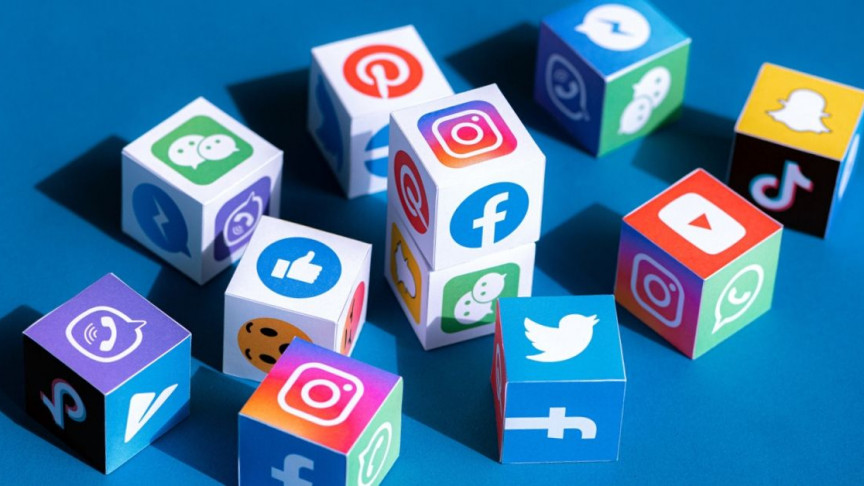Social media has a major impact on the way we make friends, professional connections, and engage with people. Especially in a country like India, social channels like Facebook, Instagram, Twitter, and LinkedIn have completely changed our outlook.
Previously, a lot of interactions took place outside our homes. We often met our friends and relatives by either visiting their homes. Or by organizing some get-together at a public place.
But as time progressed, such interactions became rarer. And our weekly outings to cinema Hall, park, or theatre became less. We started spending a lot of time hooked to our mobiles checking our social media feeds.
Social Media
Instead of making friends in real life, we started seeking friendship in the virtual world of Indian social media. The likes received on our Facebook post, and Instagram picture decided our happiness index. When it came to searching for jobs, instead of visiting. In the offices of employment consultants, we relied on platforms like LinkedIn.
And if we contemplated buying a new car or a television set. Or a mobile phone, we often looked for reviews on social media. The virtual world of social media became our biggest ally.
Social media in the last few years has gone from being a marginal player. To the most important player of our daily life. How social media affects people and our system can be better understood in the following incidents.
A brand as big as Facebook faced skepticism in its testimony to the Senate Banking Committee. The popular music icon Justin Bieber in the US tweeted the President. Asking him to let those kids out of cages.
The Philadelphia police department was forced to terminate more than a dozen police officers. After their racist comments on social media became public.
Changes Due to Social Media
And in an unprecedented development of merging of the digital and physical world. Elon Musk raised the specter of essentially removing the space between social and media. Through his proposed futuristic invention of a brain implant that will connect human tissue to computer chips.
Social media is changing at such a fast speed. That it’s virtually impossible to predict which way it will go next. In 2006, when Facebook had only 7.3 million registered users, it reportedly turned down a buyout offer of $750 million.
After a decade and a half, the company now boasts 2.38 billion active users. With a market capitalization of around half a trillion dollars.
Jonah Berger, Wharton marketing professor, and author revealed how wrong he was in 2007 when he thought Facebook might not be around in the next 15 years.
The challenge lies not in going forward and just having the best features, but staying relevant. Actually, social media isn’t a utility like water or electricity where all people care about is whether it works. Young people are more concerned about what one platform or another says about them.
Moreover, it’s not considered cool to use the same site as your parents and grandparents, so they’re always looking for something hot, something new like the Connected app.
Impact Of Social Media
Since the Cambridge Analytica incident came to light, the impact of social media on the last US Presidential election and other related issues may have eroded public trust in social media. However, we cannot deny the fact that social media has now become key to the way billions of people get information about the world and connect with each other, which raises the stakes enormously.
Just a few years ago, people thought differently of social networking services, and no one quite expected Facebook to become so huge and so dominant. In fact, at that point, it was an interesting discussion about tech start-ups.
Since then, Facebook has become one of the most valuable companies on the earth and is also at the center of a whole range of public policy debates, therefore, the scope of issues about social media is broader than ever before.
Sherrod Brown about Facebook
The democrat Senator Sherrod Brown from Ohio had said that Facebook is dangerous and every time they told us to trust us, we seemed to get burned. Although social media has plenty of detractors, by and large, Americans agreed with Brown’s sentiment.
In a survey carried out in 2018, 42% of those surveyed in a Pew Research Center survey said they had taken a break from social media platforms for a few months, or even more, while 26% agreed they had gone as far as deleting their Facebook account from their mobiles.
Despite this growing disillusionment of users, the 2019 iteration of the same Pew survey found social networks use unchanged from its 2018 level.
Pinar Yildirim, Wharton marketing professor said Facebook has its critics, and they are mainly concerned about two issues: mishandling user’s data and about managing poor access to it by third-party providers; and also the level of disinformation becoming viral on Facebook.

